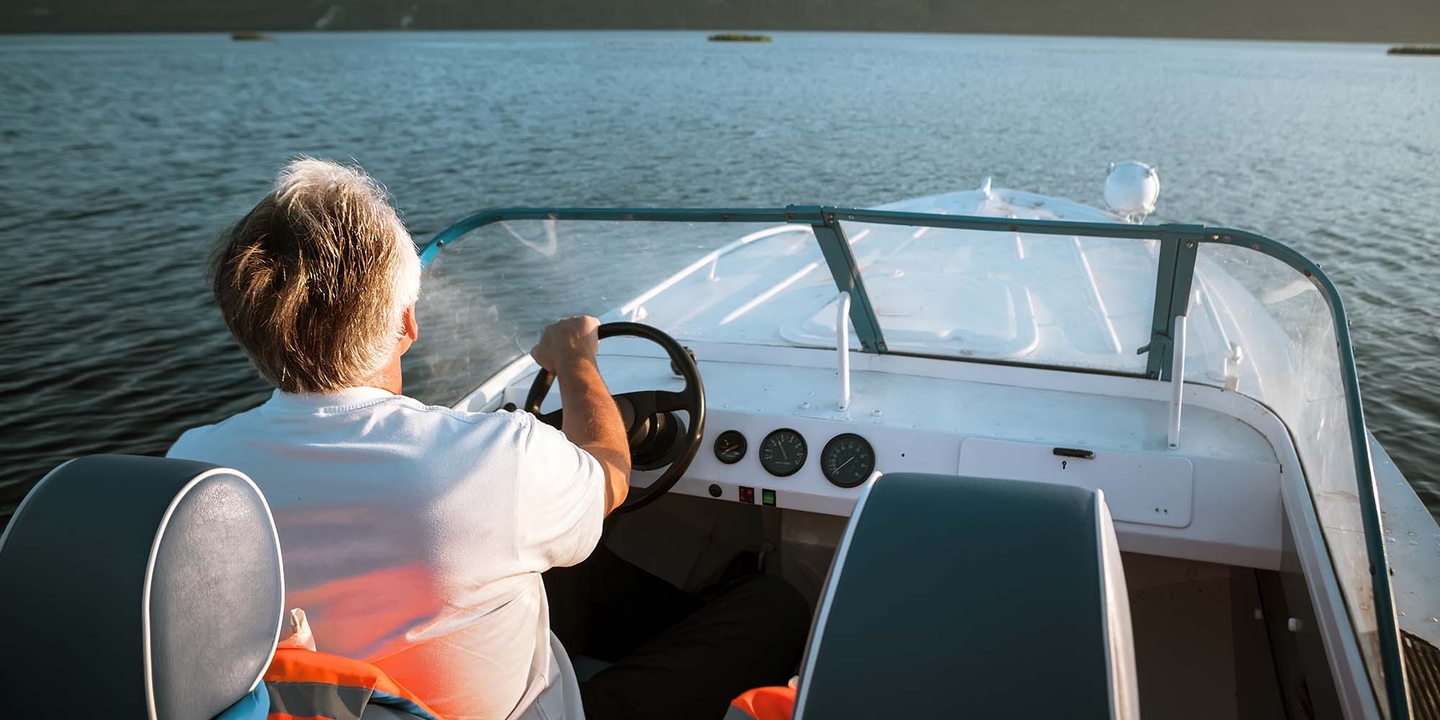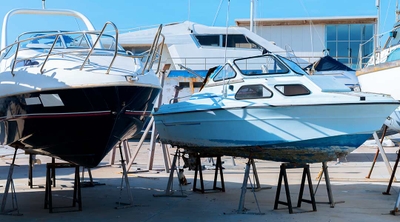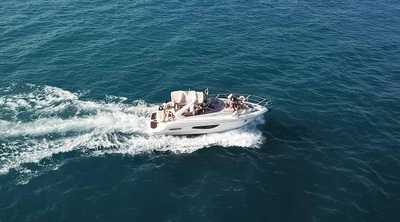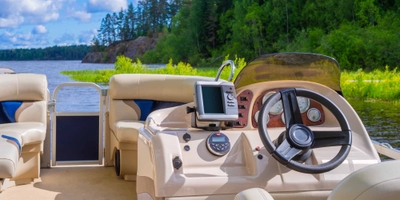Do I need a boat license to operate a boat?
3 min read
Every state has different rules. Several states don’t have any boating education requirements. Legal documentation also varies. In some states, you’ll need a state boater card, while in others, motorized boat operators must have a valid boating safety education certificate. You must be over a certain age and get a state vessel operator’s license before casting off in at least one state. That’s not just for boats, but personal watercraft like jet skis too.
When you want to learn how to drive a boat safely, completing a state-approved boating safety course matters in these all-too-common situations. Most states have passed mandatory boater education laws. You probably don’t need to get a boat license, but you’ll likely have to meet specific requirements.
How old do you have to be to get a boating license?
Age plays a significant role in boating rules. Some states impose boater education requirements on anyone born after a specific date. Others set rules by age group, particularly pre-teens, and teens. The vessel speed and type can also be factors. Motorboats with engines ten horsepower or higher tend to trigger more restrictions than non-motorized vessels like canoes.
Learn more about the minimum boating license age.
Do I need a boat license to rent a boat?
If you’re visiting from out of state and want to rent a boat, the rules might be less strict than for residents. For example, visitors 12 years old and up don’t need a state license to operate a boat for fewer than 45 days a year in one state. But a 12- or 13-year-old would still need someone on board who’s at least 21 and has a valid vessel operator’s license.
What are the requirements for boating?
Check the specific state rules before taking a boat out. Learn more about the state requirements for boating from The National Association of State Boating Law Administrators (NASBLA).
State and NASBLA-approved safety training is always a good idea, whether the law says you have to do it or not. The stakes are high. Operator error causes most boating accidents, according to the American Boating Association. When the National Transportation Safety Board looked at the operators involved in fatal recreational boating accidents, more than 80% hadn’t taken any courses.
Should I take a boat safety course?
Completing a boating safety course comes with significant advantages, no matter how much firsthand experience you have. Staying sharp helps protect you, the vessel, everyone else on board, and others out on the water. Plus, investing a little time to hone your water safety skills can save you money on boat insurance.
Most state-approved courses are free. If you want to take a third-party course that counts toward your state’s requirements, it could cost around $15 to $50. The state might also charge a small fee for the boater education certificate or card itself once you pass, usually no more than $10. A boater safety course typically takes around three hours, followed by an exam. You will find nearly all the courses available online, although you can also do in-person training with an instructor .
What’s the boating license exam like?
Whether you’re pursuing a boat license or safety certification, the exam covers boat parts and types, equipment, and trip planning and preparation. It will also include environmental laws, basic vessel operation, navigation and maneuvering, and emergency preparedness. The exam includes any state-specific rules you need to know.
The course instructor prepares you so there won’t be any surprises on the exam. Online practice tests abound. And if you do fail the free state-approved course, you can keep retaking the exam until you pass. Everyone involved wants you to be a safe, responsible boat operator. Before heading out on the water, remember to get the protection you need with boat insurance. Learn more about boat insurance coverages.






